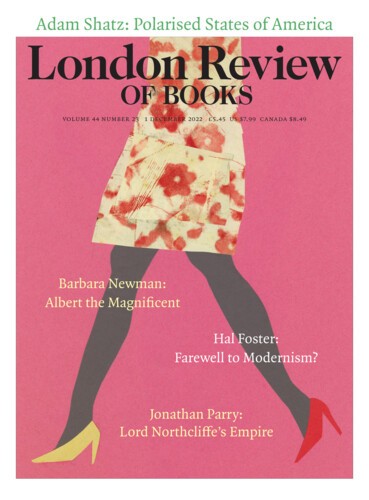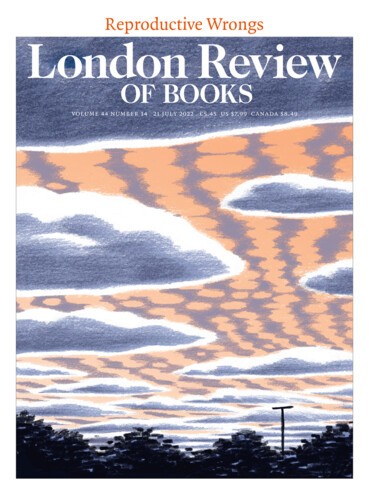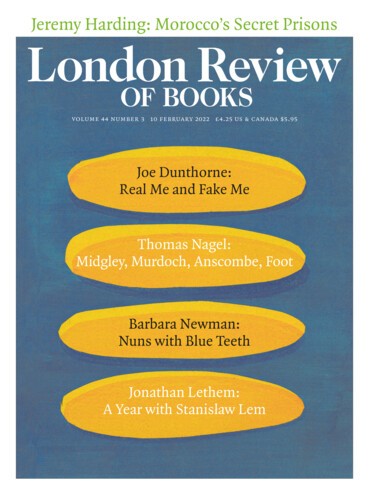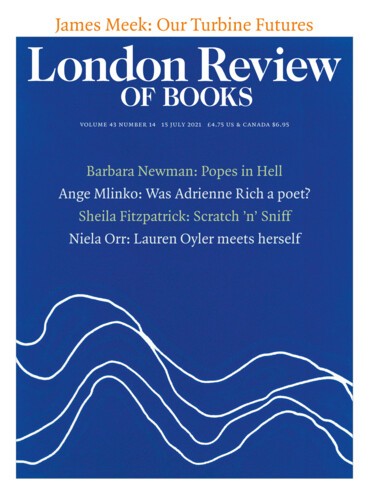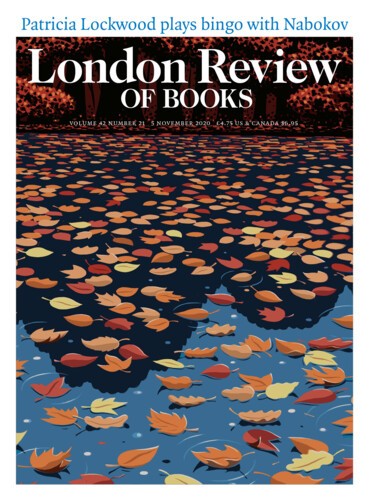In one of the most poignant moments of Dante’s Commedia, the exiled poet anticipates his triumphant return to Florence:
Should it ever come to pass that this sacred poem,to which both Heaven and Earth have set their hand …should overcome the cruelty that locks me outof the fair sheepfold where I slept as a lamb …then …shall I return a poet and, at the fontwhere I...
Dante’s Bones: How a Poet Invented Italy by Guy Raffa. Poetry in Dialogue in the Duecento and Dante by David Bowe. Dante’s Christian Ethics: Purgatory and Its Moral Contexts by George Corbett. 2 more books reviewed
It would be a pusillanimous reader who could not respond to the appeal of a cosmos so complete in every detail, arrayed in such minute and magnificent order, and peopled with such wondrous creatures, from the sweet-faced, scorpion-tailed monster of fraud to the angels who fly like honeybees through the celestial rose. The divine, ordering principle of the whole is love, and in that Dante is thoroughly medieval.
